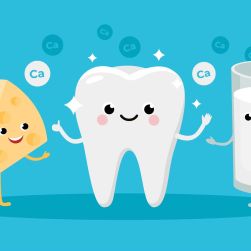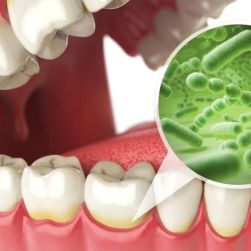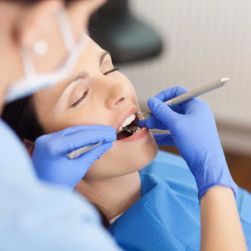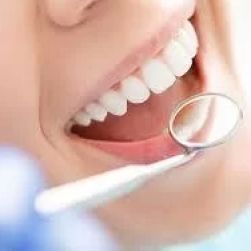Introduction: Connecting Oral Health and Stroke Risk
In recent years, research has increasingly highlighted a surprising yet critical connection between oral health and systemic conditions, such as cardiovascular diseases and stroke. Poor oral hygiene has often been associated with various health issues, but the link to stroke risk elevates the importance of dental care to new heights. Understanding this connection is crucial for individuals aiming to maintain overall wellness.
Stroke, a leading cause of disability and death, has multiple risk factors. While factors like high blood pressure and diabetes are well-known, the impact of oral health is less publicized. This lack of awareness can lead to neglecting simple dental care practices, which might otherwise reduce stroke risk. By delving into the relationship between poor oral health and stroke, we aim to raise awareness and encourage proactive health management.
Impact of Oral Bacteria on Blood Vessels
Poor oral hygiene can lead to the accumulation of harmful bacteria in the mouth. Dentistry Toothtruth emphasizes that when these bacteria enter the bloodstream, they can potentially trigger inflammation in blood vessels. This inflammation can contribute to atherosclerosis, a primary risk factor for strokes.
Researchers have identified specific bacteria, such as Porphyromonas gingivalis, which are commonly present in periodontal disease, as culprits in this process. These bacteria can induce a chronic inflammatory response, promoting cholesterol plaque buildup in arteries.
Inflammation and Its Role in Stroke
Inflammation is a natural immune response to injury or infection. However, when inflammation becomes chronic due to poor oral health, it can have systemic effects that increase the risk of stroke. Oral inflammation, particularly from conditions like gingivitis and periodontitis, releases cytokines and other pro-inflammatory agents into the body.
These agents can exacerbate existing vascular issues, contributing to conditions such as hypertension and endothelial dysfunction, both of which are critical in the pathogenesis of stroke.
Link Between Periodontal Disease and Hypertension
Periodontal disease is a severe gum infection that can impact oral health and potentially lead to hypertension. Dentistry Toothtruth suggests that periodontal bacteria can enter the bloodstream and cause systemic inflammation, resulting in increased vascular resistance and blood pressure.
Studies show that patients suffering from severe periodontitis have a higher risk of developing hypertension, a significant risk factor for stroke. These interconnected health issues underscore the importance of managing oral hygiene as part of overall health maintenance.
The Role of Oral Health in Blood Clot Formation
Another mechanism by which poor oral health may increase stroke risk is through the promotion of blood clot formation. When oral bacteria enter the bloodstream, they can trigger platelet aggregation, which promotes clot formation.
These clots, if dislodged, can travel to the brain, causing ischemic strokes. This direct pathway highlights the need for maintaining oral hygiene to prevent bacterial entry into the bloodstream.
Case Studies Highlighting Oral Health's Impact on Stroke Risk
Numerous case studies have documented instances where improved oral hygiene resulted in reduced stroke risk. For example, in a longitudinal study involving over 11,000 participants, it was found that individuals who maintained routine dental care had a lower incidence of strokes compared to those who neglected oral health.
Participants who engaged in consistent dental cleanings and proper brushing techniques showed a decrease in systemic inflammation markers, underscoring the impact of oral health on overall well-being.
Actionable Steps to Improve Oral Health and Reduce Stroke Risk
Understanding the connection between oral health and stroke risk is only part of the solution. It’s crucial to take actionable steps to improve oral hygiene. Regular dental check-ups, effective brushing and flossing, and reducing sugar intake can significantly reduce harmful bacteria in the mouth.
Additionally, quitting smoking and maintaining a balanced diet can enhance oral health. Dentistry Toothtruth recommends incorporating these practices into daily routines to bolster oral and systemic health.
Conclusion: Prioritizing Oral Health for Stroke Prevention
In conclusion, the link between poor oral health and increased stroke risk is supported by numerous studies emphasizing the significance of dental hygiene in maintaining overall health. By recognizing this connection, individuals can take proactive steps to enhance their oral care, potentially reducing their risk of stroke.
Prioritizing regular dental visits, adopting thorough cleaning techniques, and making lifestyle adjustments can make a significant difference. Dentistry Toothtruth continues to advocate for widespread awareness and the implementation of effective dental care strategies as a means of preventative healthcare.
Act now by revisiting your oral health habits and scheduling regular check-ups to not only improve your dental health but also protect against the risk of stroke.






